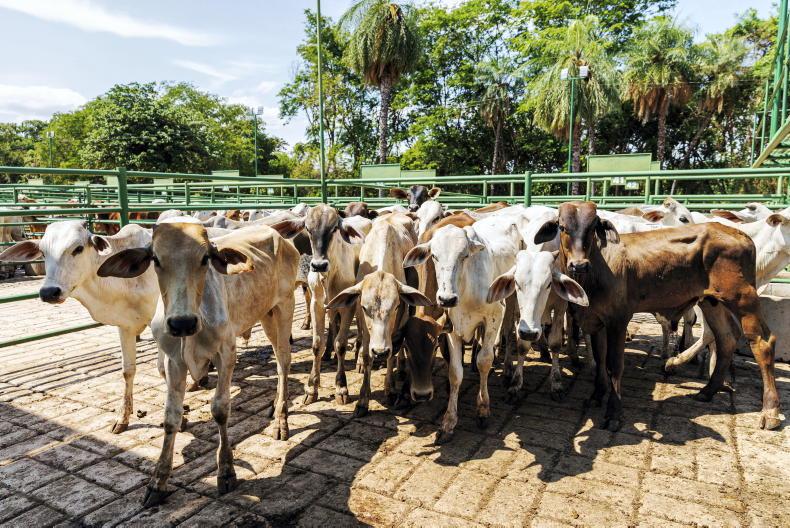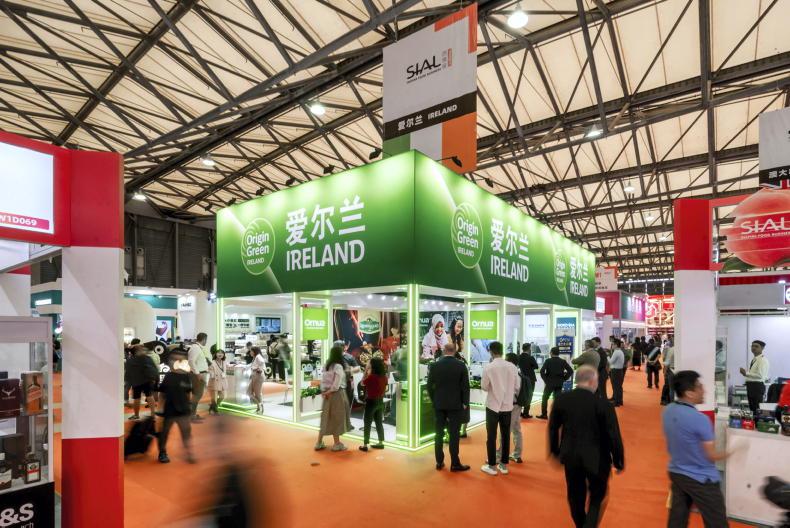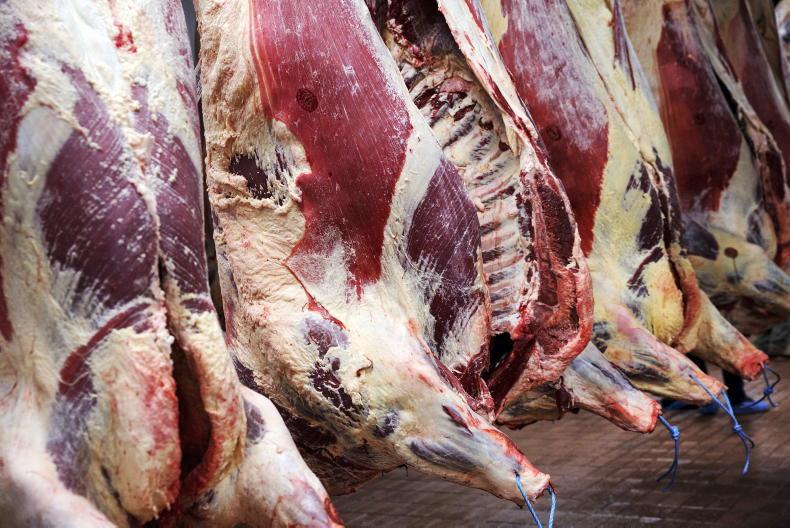Following on from the Copenhagen Economics (CE) report on the impact of a Trans-Atlantic Trade and Investment Partnership (TTIP) deal, the United States Department of Agriculture (USDA) has now published its own analysis. The CE report projects that all sectors in Ireland will be winners from a deal, except for agriculture.
Even then the only real loser is forecast to be beef with the impact on all other commodities expected to be negligible. The USDA report, however, claims American agricultural prices will triumph at the expense of European farmgate prices.
It is calculated on the basic premise that an additional export market for the US has the knock-on effect of driving prices up and the extra product on the EU market will put downward pressure on prices. They foresee US agricultural exports to the EU to increase by $5.5bn from base year (2011) levels, while EU agricultural exports to the United States are forecast to increase by $0.8bn.
Export commodities
Overall, US agricultural exports will increase by 2% and agricultural imports by 1%. EU agricultural exports will decrease by 0.25%, and agricultural imports will rise by 0.5%. Among major US agricultural export commodities, beef and dairy exports to the EU increase the most in percentage terms, according to the report. That is just based on tariff removal. If the EU was to relax its laws on use of hormones the increase in US sales would be even higher.
So far, 11 rounds of discussions have been held between the EU and US, with the next one due in Brussels in January. Ordinarily there would still be a long way to go before any agreement was reached but such is the political drive on both sides of the Atlantic to make it happen, there is a strong view that a deal will be concluded this side of the upcoming US Presidential elections.
While a deal between the EU and US would be huge as it involves 45% of global trade, arguably even more significant for Irish farmers is the life coming back into discussions between the EU and Mercosur, a group of South American countries including Brazil, Argentina, Paraguay, Bolivia, Venezuela and Uruguay.
Mercosur discussions
These have been taking place off and on since 1999 but the election of a new right-of-centre president in Argentina has removed a big stumbling block. The previous Argentinean president imposed tariffs on exports of agricultural produce to control food inflation at home a decade ago. This decimated Argentinean beef exports in particular but all agricultural commodities were affected. Farmers have been angry with this policy as it destroyed their incomes but there was nothing they could do about it until now.
The new president has already demonstrated his free trade credentials by ending maize and wheat export taxes, a quota system on trade and currency controls, with moves also expected to release soy stocks as well as boost maize and wheat output. Brazil and Paraguay have already been actively engaged with the EU but the arrival of Argentina as a serious participant gives the Mercosur side an unexpected boost.
Reports from Brussels indicate that the EU is well prepared behind the scenes to make a deal and it was on the agenda for the trade ministers meeting yesterday. The fact that this potential treaty has crept under the radar is much to do with the fact that it has stopped and started so often for the past 16 years.
Impact on Irish farmers
Irish agriculture simply cannot compete with large global players that are free to operate without the production constraints that are placed on Irish farmers. The most obvious of these is the ban in the use of growth promoting hormones in beef and use of BST in milk production. However the extremely rigorous environmental and welfare laws in Ireland add further cost to doing business.
This is not recoverable from the market as consumers in our main markets have come to expect these as standard, not premium. Historically there was an acceptable trade off – the EU ensured that products did not enter the EU market that wasn’t produced to the exact same standards here and we had a de-facto protected high-value market.
However, such has been the surge in global beef prices in recent years that the EU is no longer the elite market it once was. The US has overtaken every country in Europe apart from the UK, while Australia is now just 40c/kg behind Irish farmgate beef prices.
Steak market
The European steak meat market in particular is the one all countries are looking for. For Ireland, a trade deal with the US could possibly offer an upside. If we get an E.coli testing agreement in place with the US to enable us export them manufacturing burger beef, that would be a winner for Ireland as the US is a much higher value market for this product than the EU – by a euro per kilo for much of the past year.
The downside is that the US could flood the EU with cheaper steak meat. However, with South America there is no potential upside for agricultural markets as all their beef products are lower valued than their Irish counterparts. So while TTIP has generated the protests across numerous sectors, it is a Mercosur trade deal that has the potential to bite us hardest.














SHARING OPTIONS